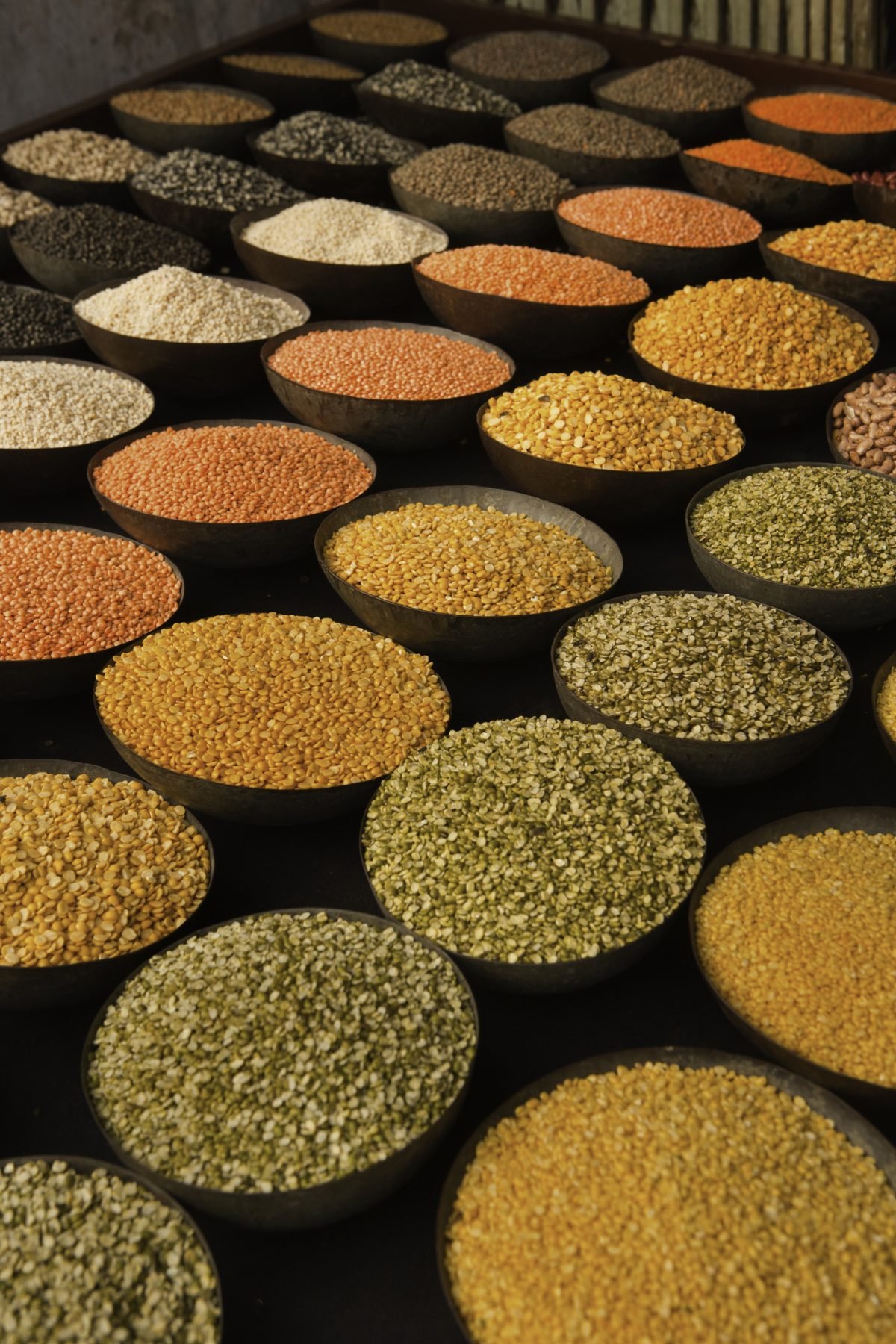India’s pulses imports in fiscal 2024 surged 84% year-on-year to their highest level in six years after lower production prompted India to allow duty-free imports of red lentils and yellow peas, government and industry officials said on Thursday.
Higher imports by India, the world’s biggest importer, producer and consumer of protein-rich pulses, have been supporting global prices and helping bring down stocks in exporting countries such as Canada, Australia, and Myanmar.
India imported 4.65 million metric tons of pulses in the year ended March 31, 2024, the highest since fiscal 2018, and up from 2.53 million tons imported a year ago, according to provisional data shared by a government official who declined to be named.
In value terms, imports in the year jumped 93% to $3.75 billion, he added.
Lower production and the government’s decision to scrap import taxes in an attempt to bring down prices before the election led to a surge in imports, said a Mumbai-based dealer with a global trade house.
“There was a massive surge in imports of red lentils and yellow peas last year. Imports of black gram also rose,” the dealer said.
India red lentil’s imports from Canada more than doubled in the year to around 1.2 million tons despite diplomatic strains over the murder of a Sikh separatist leader, the government official said.
Yellow peas imports from Russia and Turkey have been rising in recent months after New Delhi allowed duty-free imports in December, said a New Delhi-based trader.
India also imported pigeon peas and chickpeas to overcome a shortfall in production, the trader added.
The South Asian country usually imports pulses from Canada, Myanmar, Australia, Mozambique and Tanzania









